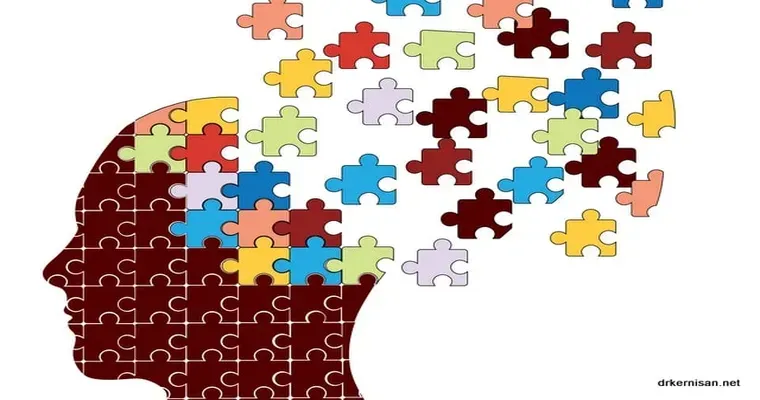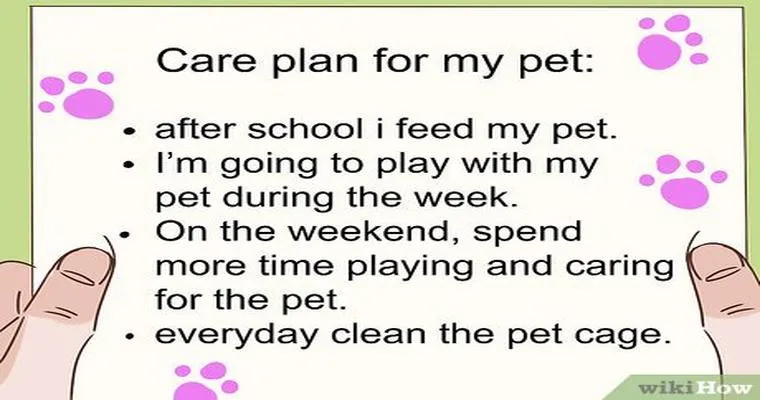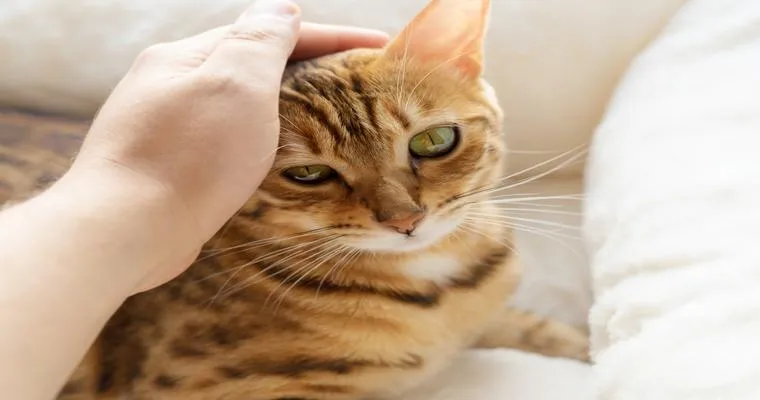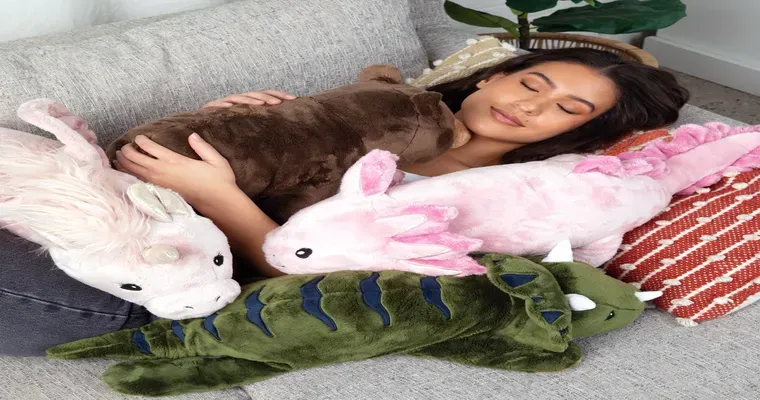Caring for a loved one who shows "dementia" or "Alzheimer's symptoms" can be both confusing and concerning, especially when they otherwise appear to be in good health. It is not uncommon for families to notice changes in memory, communication, or behavior while their loved ones seem physically fine. Understanding the nuances of these conditions is essential for providing the best support possible. This article aims to explore the complexities surrounding this topic and offer guidance for families navigating these challenging waters.
Recognizing the Symptoms
Dementia and Alzheimer’s disease present a range of symptoms that can vary widely from person to person. Common signs include "memory loss", difficulty with problem-solving, and challenges in completing familiar tasks. While your grandmother may seem physically healthy, these cognitive impairments can significantly impact her daily life. It is important to recognize that these symptoms can be subtle at first, making it easy to overlook their severity.
The Importance of Early Diagnosis
If you notice that your grandmother is displaying symptoms associated with dementia or Alzheimer’s, seeking an "early diagnosis" is crucial. Early intervention can help manage symptoms and improve the quality of life for those affected. Medical professionals can conduct a variety of tests to assess cognitive function and determine whether these symptoms are due to dementia, Alzheimer’s, or other underlying health issues.
Communication Strategies
When interacting with your grandmother, effective communication is vital. Use clear, simple language and be patient. If she struggles to find the right words or forgets certain details, try to redirect the conversation gently. Providing a calm environment can help ease her anxiety and make her feel more comfortable expressing herself.
Supporting Daily Activities
Supporting your grandmother with her daily activities can help maintain her independence while ensuring her safety. Create a structured routine that she can follow, which may help reduce confusion. Consider using memory aids such as calendars, reminders, or visual cues to assist her in completing tasks. Engaging her in activities she enjoys can also stimulate her cognitive functions and create opportunities for connection.
The Role of Caregivers
As a family member, stepping into the role of a caregiver can be both rewarding and overwhelming. It is essential to take care of your own well-being while supporting your grandmother. Look for local support groups or online communities where you can share experiences and gain insights from others in similar situations. Remember, you are not alone in this journey.
Seeking Professional Help
If you find that managing your grandmother’s symptoms becomes increasingly difficult, consider seeking professional help. Home health aides or adult day care services can provide much-needed support, allowing your grandmother to maintain her quality of life while giving you a break. Additionally, consulting with healthcare professionals can provide resources and strategies tailored to her specific needs.
Conclusion
Navigating the complexities of dementia and Alzheimer’s symptoms while caring for a beloved family member can be challenging. Understanding what to expect and how to respond when your grandmother shows signs of cognitive decline is crucial. With the right support, both you and your grandmother can manage the symptoms effectively while enjoying meaningful moments together. Stay informed, be patient, and remember that seeking help is a sign of strength. By doing so, you can create a nurturing environment that fosters love and understanding during this difficult time.





